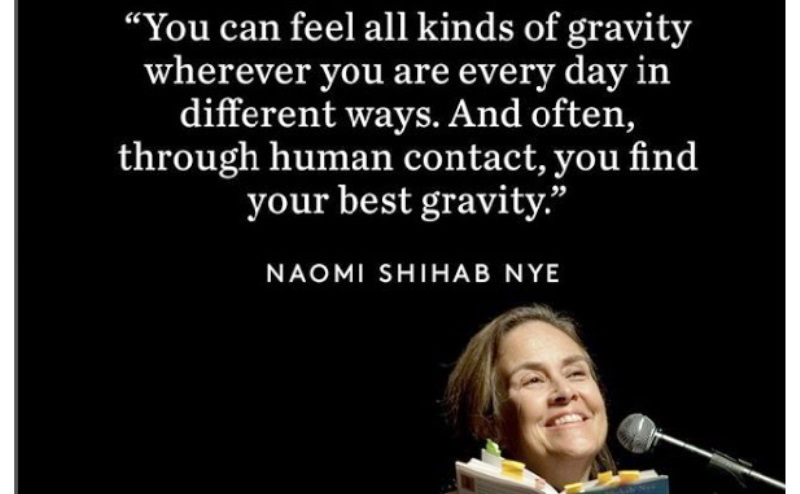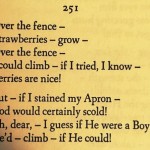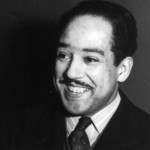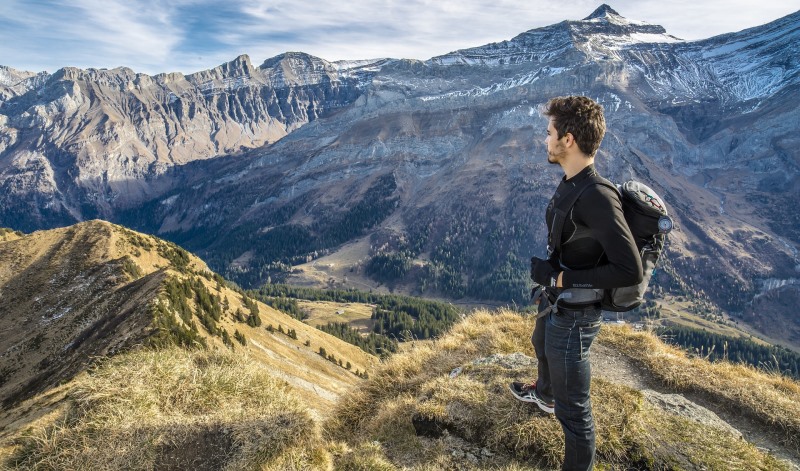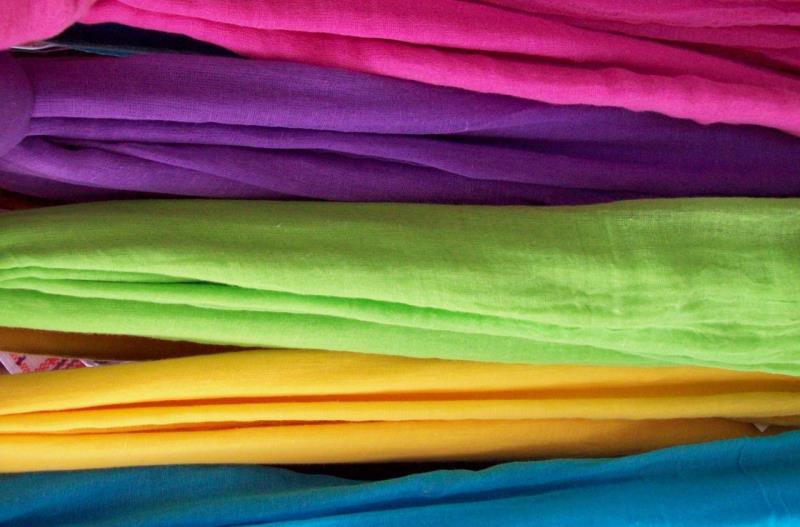Born in St. Louis Missouri, Naomi Shihab Nye is the recipient of a number of literary honors and awards. She is the winner of Lavan Award, the Paterson Poetry Prize, the Carity Randall Prize, and numerous Pushcart Prizes. She receiver her fellowships from the Lannan Foundation, the Guggenheim Foundation, and was a Witter Bynner Fellow too.
In today’s post, we will be looking at some of the best poems by Naomi Shihab Nye.
Suggested read: The Archipelago of Kisses And Other Poems By Jeffrey McDaniel
8 Most Beautiful Poems By Naomi Shihab Nye
- 300 Goats
In icy fields.
Is water flowing in the tank?
Will they huddle together, warm bodies pressing?
(Is it the year of the goat or the sheep?
Scholars debating Chinese zodiac,
follower or leader.)
O lead them to a warm corner,
little ones toward bulkier bodies.
Lead them to the brush, which cuts the icy wind.
Another frigid night swooping down —
Aren’t you worried about them? I ask my friend,
who lives by herself on the ranch of goats,
far from here near the town of Ozona.
She shrugs, “Not really,
they know what to do. They’re goats.”
- Bees Were Better
In college, people were always breaking up.
We broke up in parking lots,
beside fountains.
Two people broke up
across a table from me
at the library.
I could not sit at that table again
though I did not know them.
I studied bees, who were able
to convey messages through dancing
and could find their ways
home to their hives
even if someone put up a blockade of sheets
and boards and wire.
Bees had radar in their wings and brains
that humans could barely understand.
I wrote a paper proclaiming
their brilliance and superiority
and revised it at a small café
featuring wooden hive-shaped honey-dippers
in silver honeypots
at every table.
- Burning the Old Year
Letters swallow themselves in seconds.
Notes friends tied to the doorknob,
transparent scarlet paper,
sizzle like moth wings,
marry the air.
So much of any year is flammable,
lists of vegetables, partial poems.
Orange swirling flame of days,
so little is a stone.
Where there was something and suddenly isn’t,
an absence shouts, celebrates, leaves a space.
I begin again with the smallest numbers.
Quick dance, shuffle of losses and leaves,
only the things I didn’t do
crackle after the blazing dies.
- Blood
“A true Arab knows how to catch a fly in his hands,”
my father would say. And he’d prove it,
cupping the buzzer instantly
while the host with the swatter stared.
In the spring our palms peeled like snakes.
True Arabs believed watermelon could heal fifty ways.
I changed these to fit the occasion.
Years before, a girl knocked,
wanted to see the Arab.
I said we didn’t have one.
After that, my father told me who he was,
“Shihab”—“shooting star”—
a good name, borrowed from the sky.
Once I said, “When we die, we give it back?”
He said that’s what a true Arab would say.
Today the headlines clot in my blood.
A little Palestinian dangles a truck on the front page.
Homeless fig, this tragedy with a terrible root
is too big for us. What flag can we wave?
I wave the flag of stone and seed,
table mat stitched in blue.
I call my father, we talk around the news.
It is too much for him,
neither of his two languages can reach it.
I drive into the country to find sheep, cows,
to plead with the air:
Who calls anyone civilized?
Where can the crying heart graze?
What does a true Arab do now?
Suggested read: Renascence And Other Poems By Edna Millay
- Some nights
Some nights
the rat with pointed teeth
makes his long way back
to the bowl of peaches.
He stands on the dining room table
sinking his tooth
drinking the pulp
of each fruity turned-up face
knowing you will read
this message and scream.
It is his only text,
to take and take in darkness,
to be gone before you awaken
and your giant feet
start creaking the floor.
Where is the mother of the rat?
The father, the shredded nest,
which breath were we taking
when the rat was born,
when he lifted his shivering snout
to rafter and rivet and stone?
I gave him the names of the devil,
seared and screeching names,
I would not enter those rooms
without a stick to guide me,
I leaned on the light, shuddering,
and the moist earth under the house,
the trailing tails of clouds,
said he was in the closet,
the drawer of candles,
his nose was a wick.
How would we live together
with our sad shoes and hideouts,
our lock on the door
and his delicate fingered paws
that could clutch and grip,
his blank slate of fur
and the pillow where we press our faces?
The bed that was a boat is sinking.
And the shores of morning loom up
lined with little shadows,
things we never wanted to be, or meet,
and all the rats are waving hello.
- Famous
The river is famous to the fish.
The loud voice is famous to silence,
which knew it would inherit the earth
before anybody said so.
The cat sleeping on the fence is famous to the birds
watching him from the birdhouse.
The tear is famous, briefly, to the cheek.
The idea you carry close to your bosom
is famous to your bosom.
The boot is famous to the earth,
more famous than the dress shoe,
which is famous only to floors.
The bent photograph is famous to the one who carries it
and not at all famous to the one who is pictured.
I want to be famous to shuffling men
who smile while crossing streets,
sticky children in grocery lines,
famous as the one who smiled back.
I want to be famous in the way a pulley is famous,
or a buttonhole, not because it did anything spectacular,
but because it never forgot what it could do.
- Different Ways To Pray
There was the method of kneeling,
a fine method, if you lived in a country
where stones were smooth.
The women dreamed wistfully of bleached courtyards,
hidden corners where knee fit rock.
Their prayers were weathered rib bones,
small calcium words uttered in sequence,
as if this shedding of syllables could somehow
fuse them to the sky.
There were the men who had been shepherds so long
they walked like sheep.
Under the olive trees, they raised their arms—
Hear us! We have pain on earth!
We have so much pain there is no place to store it!
But the olives bobbed peacefully
in fragrant buckets of vinegar and thyme.
At night the men ate heartily, flat bread and white cheese,
and were happy in spite of the pain,
because there was also happiness.
Some prized the pilgrimage,
wrapping themselves in new white linen
to ride buses across miles of vacant sand.
When they arrived at Mecca
they would circle the holy places,
on foot, many times,
they would bend to kiss the earth
and return, their lean faces housing mystery.
While for certain cousins and grandmothers
the pilgrimage occurred daily,
lugging water from the spring
or balancing the baskets of grapes.
These were the ones present at births,
humming quietly to perspiring mothers.
The ones stitching intricate needlework into children’s dresses,
forgetting how easily children soil clothes.
There were those who didn’t care about praying.
The young ones. The ones who had been to America.
They told the old ones, you are wasting your time.
Time?—The old ones prayed for the young ones.
They prayed for Allah to mend their brains,
for the twig, the round moon,
to speak suddenly in a commanding tone.
And occasionally there would be one
who did none of this,
the old man Fowzi, for example, Fowzi the fool,
who beat everyone at dominoes,
insisted he spoke with God as he spoke with goats,
and was famous for his laugh.
- Fundamentalism
Because the eye has a short shadow or
it is hard to see over heads in the crowd?
If everyone else seems smarter
but you need your own secret?
If mystery was never your friend?
If one way could satisfy
the infinite heart of the heavens?
If you liked the king on his golden throne
more than the villagers carrying baskets of lemons?
If you wanted to be sure
his guards would admit you to the party?
The boy with the broken pencil
scrapes his little knife against the lead
turning and turning it as a point
emerges from the wood again
If he would believe his life is like that
he would not follow his father into war
Suggested read: “Live Frugally On Surpise”, Alice Walker And Her Beautifully Wise Poems
This is all we have on today’s post on the Best Poems By Naomi Shihab Nye. This is, however, not an exhaustive list, and if we have missed out on some of your favorites, then please feel free to add them in the comment section below.
Until next time!
Featured image source: Instagram
